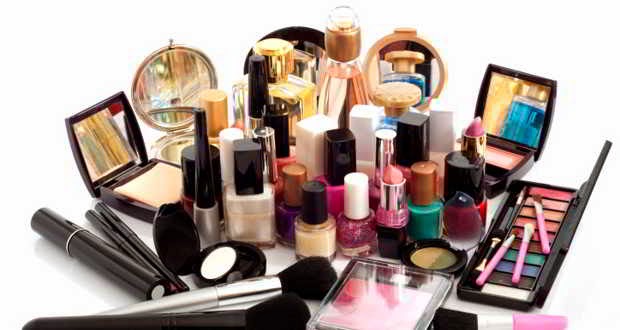Toss Out Old Makeup
There is always time to start cleaning out your space and getting rid of old cosmetics and makeup.
Makeup like everything else does expire, the tricky thing is
that it is rarely indicated on the boxes when it will expire.
Most brands of makeup used in Zambia are manufactured in the
United States of America which doesn’t have any laws that require cosmetic
manufacturers to include expiration dates on their packaging.
A general rule is that products that contain water are among
the first ingredients have the shortest shelf life after opening because water
encourages the growth of bacteria and other microbes.
Also susceptible to
bacterial contamination are products with mostly waxes and minimal water as
well as those with plant extracts.
Products made up of almost no water (such as powders) last
the longest, because almost nothing can grow in these kinds of products.
To get maximum longevity from your make up, buy only cosmetics
that haven’t been opened and store cosmetics in a cool dry place, away from
direct sunlight and keep them tightly closed.
Powder face makeup can last over a year, if there is no
shiny build up on the surface and you have not had any major skin irritations
during use.
Honestly though, most people won't be able to make a face
powder last for over a year anyway.
Mascara should be thrown out after 3 months it has the
shortest lifespan of all make up because there is a greater risk of
transferring bacteria back and forth from your eye into the mascara tube.
If your mascara
starts to dry out before that just throw it away do not add saliva, water or
(the sheer horror) spray perfume to rewet it. Doing so will only increase your
chances of getting an eye infection.
 Eye and lip pencils can be kept up to 2 years just ensure
you sharpen them before each application so as to ensure that you are using a
clean tip.
Eye and lip pencils can be kept up to 2 years just ensure
you sharpen them before each application so as to ensure that you are using a
clean tip.
Keep your applicators clean and your liquid shadows should
last 12 months. Powder shadows will keep 2 years.
If you’ve had an eye infection, you’ll need to throw out the
entire eye makeup and applicators you used from the time you developed
symptoms.
The virus or bacteria that caused the infection has probably taken up
residence in your make up, so using those cosmetics again could cause you to
develop another infection.
Discard your cream blushes after a year, powder blushes, and
powder bronzers after 2 years though they fall into a more extended category since most of us
change our colours each season
Moisturizing foundations and stick concealers can hang
around for 18 months. A 12-month shelf life applies to both oil-free
foundations, which can dry out quickly, and liquid concealers.
If your foundation
has a pump then it will stay fresh longer, but if you are dabbing your fingers
into a bottle everyday you should think of tossing your foundation makeup every
6-8 months.
If you are prone to
breakouts and are using the dabbing method, you should toss you makeup no later
than 6 months. If you are using a pump foundation, it should be good for at
least 8 months.
Using clean brushes and sponges will help lengthen the life
of your cosmetics. Be sure and wash or replace your applicators frequently.
When you open a cosmetic for the first time, write the date
on the product. It will help you keep track of how long you’ve had the makeup
so you’ll know when it’s time to throw it away.
Nail polish lasts for about a year if it does not dry out
first.
As a general rule of thumb, treat your make up a bit like
you do your food. If it smells weird, develops a film, or has a mould-green
tint to it, its gone bad, and needs to be tossed out.
Here are some easy tips for prolonging the shelf life of
your products, while keeping your skin and body as healthy as possible:
Store products in a cabinet or drawer, wash your hands
before using products, and tighten/secure the caps and containers after each
use.
Write the date of purchase on the bottom or back of the
package using a permanent marker or a sticker.
Avoid products packaged in jars of any kind (no matter how
pretty they are!) because fingers getting into jars add unwanted bacteria to
the contents creating a 100% risk of bacterial contamination.
Avoid sharing your applicators with others (sorry ladies).
Do not pump" your mascara” and avoid purchasing products
with broken seals or other signs of tampering.
Lastly stick to genuine products, and ladies costly does not
always mean genuine.
Some shops will be expensive yet have counterfeit goods.
Look for telling signs such as misspelt names, lack of
proper shade names and too much oil as well. lets interact on twitter @arushapot.



Comments
Post a Comment
YOU KNOW YOU WANT TO SAY SOMETHING